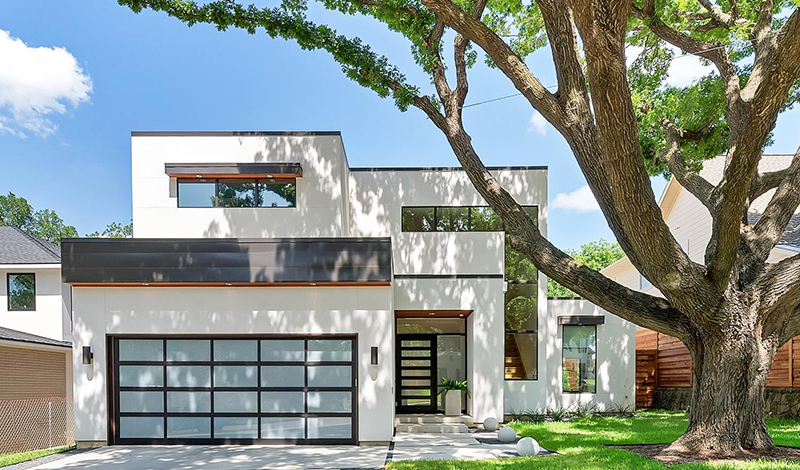
HB 2439 Provides Choice, Diversity in Housing
Area homebuyers grappling with affordability challenges and lack of diversity in housing choices will soon see significant relief thanks to the Texas legislature. HB 2439 passed by overwhelming majorities in the House (133 to 9) and Senate (26 to 5) was signed into law by the Governor and becomes effective on Sept. 1.
The new law prevents local governments from enforcing regulations that artificially make housing less attainable for working families by forcing them to choose more expensive products in the design and construction of their home. The law also helps local material suppliers and contractors who were previously limited or prohibited from doing business in some of the area’s fastest growing cities.
In the hearings that preceded the bill’s passage, much of the opposing testimony came from suppliers and contractors who contended their business depended on local product mandates. Testimony in favor of the bill came from those whose business was correspondingly crippled by them.
Housing advocates noted that these zoning restrictions disproportionately impact groups with lower median incomes struggling to afford the wealth-creating opportunities of homeownership. Additionally, consumer preferences for housing were, in many cases, out of step with officials who inaccurately stigmatize less expensive products.
“Sound policy must promote diversity not exclusion,” said Dallas BA Executive Officer Phil Crone. “Intended or not, the result of these restrictions has as much to do with who can afford to live in the home as they do with what products go on the home. The ultimate form of local control is what you as a consumer get to choose. After all, it’s your home, it should be your decision so long as safety standards remain in line with code requirements.”
Specifically, HB 2439 prohibits a governmental entity from enforcing a regulation prohibiting, directly or indirectly, the use or installation of a product or standard permitted in the last three code cycles. The bill applies to residential and commercial buildings, new construction and remodeling. This will encompass all existing or proposed restrictions in base zoning, planned development (PD) districts or any density and zoning incentives that favor the use of a particular product or construction method.
The legislature carved out specific exceptions for homes located in historic districts and potentially conflicting standards for federal or state funding such as the Texas Windstorm Insurance Association. Also exempt are locally designated historic or conservation districts established prior to April 1, 2019.
Municipalities that are a certified local government under the National Historic Preservation Act or have an applicable landmark ordinance that meets Texas Historical Commission standards are not subject to the new law. Under the Texas Local Government Code, cities, such as Dallas, that meet these qualifications continue to have broad latitude to regulate the appearance of areas deemed to be historically, culturally or architecturally significant. Other exceptions, pertaining to outdoor lighting, were added to address concerns from military and scientific interests.
Like many new laws, the exact parameters of HB 2439 are not entirely clear and may not be until they are tested in the legal arena. Other than an aggrieved party filing suit, the law allows the attorney general to stop a violation or threatened violation and recover related attorney’s fees and court costs.
“The outright product mandates via zoning and PD are quite clearly not allowed starting Sept. 1,” Crone said. “Less obvious is at what point a performance or installation standard becomes onerous enough that a product is essentially prohibited or limited and the law is invoked. “For example, our area’s current energy code air leakage standard of 4ACH can be attained with foam or batt insulation. However, if you take that down to 2ACH, you would effectively mandate foam.”
He added, “The law also references aesthetic methods, so some think that may impact items such as garage locations and front facade projections. Code is silent on those, so they are likely outside the scope of HB 2439. Arm’s length development agreements and HOA restrictive covenants are also not covered. Quite a bit of these things will be negotiated contractually between parties.”
Many cities never enacted exclusionary restrictions on housing products yet still offer diverse neighborhoods and homes that are desirable and attainable. Starting Sept. 1, these same choices should open similar doors for thousands of families seeking access to great communities and schools.